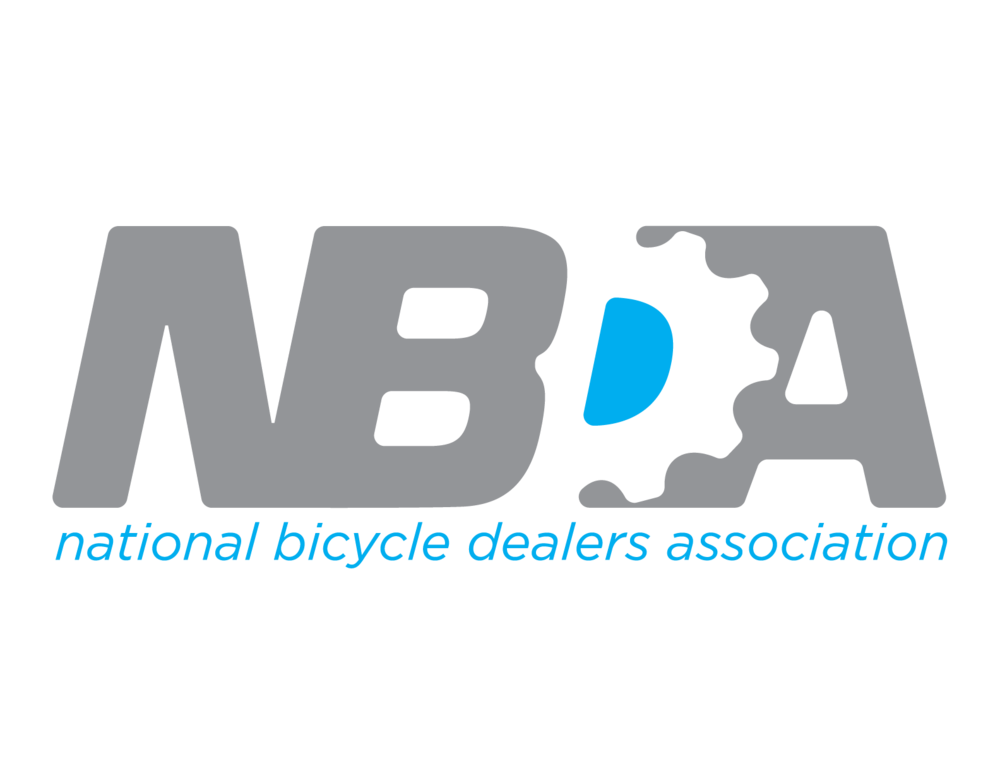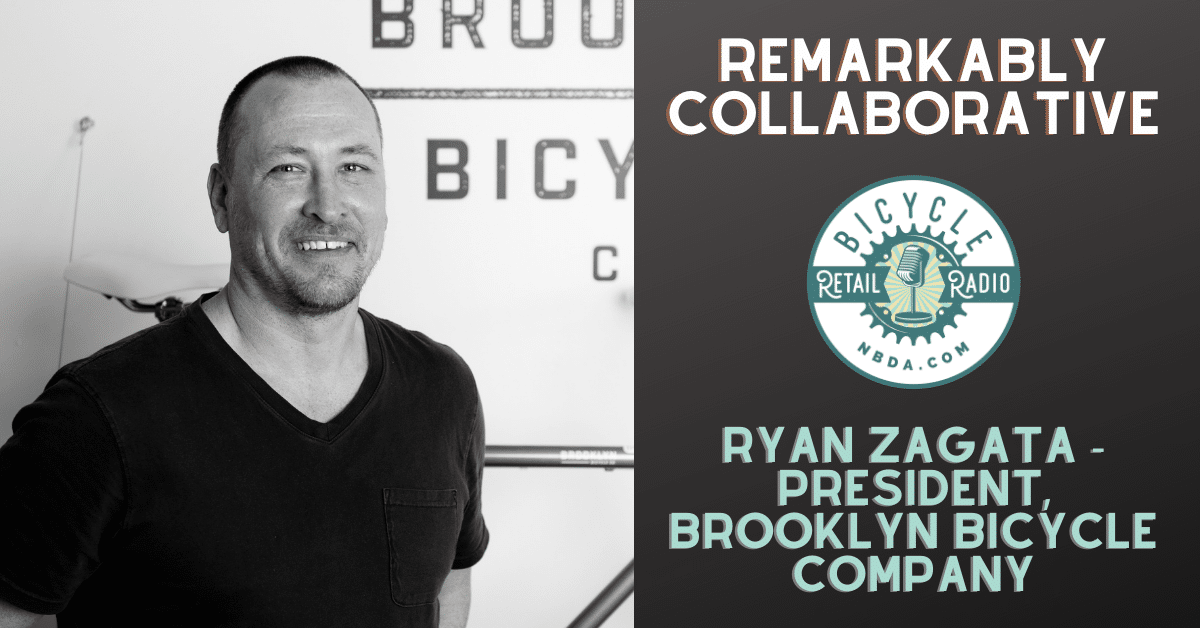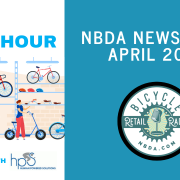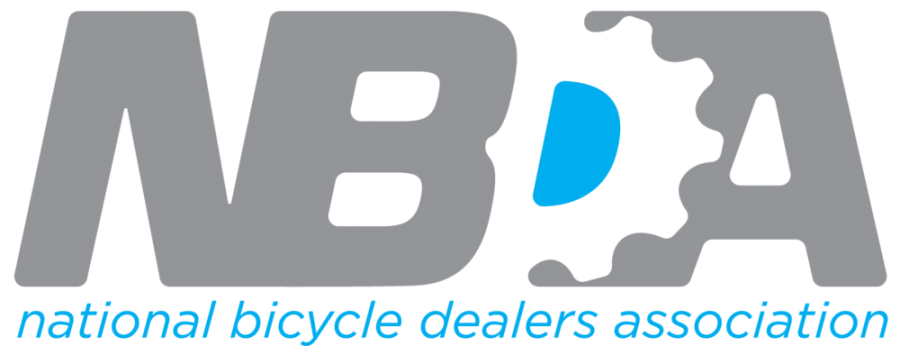NBDA Bicycle Industry Retailer & Supplier Best Practices Panel 10/7/25 Recap
Irvine, CA – October 7, 2025 – The National Bicycle Dealers Association (NBDA) hosted its quarterly Bicycle Industry Retailer & Supplier Best Practices Panel, bringing together industry leaders for candid dialogue on strengthening partnerships and navigating current market challenges. Moderated by NBDA Executive Director Heather Mason, the discussion focused on three themes from industry representatives from both the supplier and dealer sides: genuine partnership, open communication, and data-driven decision making.
Communication: The Critical Foundation
The message from suppliers was unanimous: honest, timely feedback is essential. “We want to hear it – good, bad, and ugly,” said Benton Hunt, Director of National Sales at QBP. “If we don’t know what we’re trying to fix, we will create solutions that retailers didn’t ask for.” Jerry Lawson, Co-Founder of Frog Bikes agreed: “We can’t fix a problem if we don’t know about it.”
Retailers emphasized the human side of these relationships. Susan Clarke from Bruce’s Cycle Works described her shop’s approach: “They’re not just names-they’re people. We work really hard to get to know our reps. We’re big on phoning because we don’t get enough human touch in this world.”
When financial challenges arise, the consensus was clear: communicate early and often. “Come up with a plan and follow the plan,” advised Rob Kaplan, Head of Sales and Marketing at Bulls Bikes. “The biggest challenge we have is retailers going dark.” George Lee, Sales Director at Rad Power Bikes, reinforced this: “Things ebb and flow. When you can’t pay a debt, it’s okay. We just need to figure out a plan and work together.”
Rethinking Inventory: Beyond Traditional Pre-Seasons
The traditional pre-season model is evolving. Bulls Bikes is now “leaning into very minimal commitments,” Kaplan explained. “We recommend going shallow and wide, ordering off our inventory, leaning into special orders.” The caveat? Retailers need to honor their verbal commitments. “Don’t cave to pressure from other brands after making those commitments,” he cautioned.
George Lee has taken a different approach entirely: “I committed to myself I would never do pre-seasons as a sales leader. I’d work with good communication to figure out what retailers need.” He’s found that retailers willing to communicate frequently tend to do the most volume.
Supplier Best Practices: Trust and Responsiveness
Building trust starts with understanding retailer needs. “What do you think the retailer needs and how will it make them feel?” is how George Lee from Rad Power Bikes frames supplier decisions. His team maintains multiple contact channels, aims for 5-hour response times and 4-day resolutions, and conducts monthly retailer focus groups.
The importance of doing homework before initial contact came through clearly. Wolf Bishop, Founder of 18 Spokes explained: “When we reach out, we’ve already researched their business. That instant trust builder is critical.” The result? A 20-30% conversion rate from leads to customers.
Partnership over pushing product was another key theme. “We’re not trying to unload product – that would be bad partnership,” said Todd Somers, National Sales Manager with Hayes Bicycle Group. “If you anticipate a problem, reach out right away. You’re part of our business plan.”
Data: The Competitive Advantage
The panel made a strong case for data-driven decision making. Patrick Clapp, Account Executive at Citrus Lime, criticized the old approach of reps showing up with blank order forms, ignoring available sales data. Instead, he advocates “looking at the product as a solution to your retailer’s needs, focusing on how well that solution works over time.” His clients using data analysis have seen stock turns increase, margins improve, and aged inventory decrease.
Suppliers have valuable insights to share. Brands can provide geographic and seasonal search data that reveals what customers are actually looking for in specific markets. “When retailers dive into that and base their floor stock on it, they often have really good success,” George Lee noted.
Industry veteran Jay Townley, who began his career in a Schwinn bike shop in 1957, distilled the discussion to its essence: “Two words stick out: trust and data. Reps should open the computer and say, ‘Let’s look at the data on what you sold and how it affected profitability, then apply what we’ve learned going forward.’” Benton Hunt and Susan Clarke emphasized the importance of both reps and shop owners investing in staff training in the off-season, so employees are prepared to excel when the busy season returns. David Martinez highlighted the simplicity of daily cross-training to boost sales of favorite products used by staff members on their own rides.
Key Takeaways
The panel concluded with a strong message that successful retailer and supplier relationships are built on communication, trust, and follow-through. Open, consistent dialogue helps both sides stay aligned, while focusing on partnership over transactions fosters long-term success. Data-driven decisions and flexibility allow suppliers to better support the unique needs of individual retailers. Above all, honoring commitments and communicating changes transparently strengthen the foundation of trust that keeps the industry moving forward together.
This panel discussion is part of NBDA’s ongoing commitment to retailer education, advocacy, and strengthening safety in a rapidly evolving industry. To access the webinar recording, visit the NBDA YouTube channel. The next meeting of the Bicycle Industry Retailer & Supplier Best Practices Panel is scheduled for Tuesday, January 13th, 2026, and registration details will be announced soon. Individuals interested in participating on the panel may contact NBDA Programs Developer Megan Schmidt megan@nbda.com.










Leave a Reply
Want to join the discussion?Feel free to contribute!